Art Basel 2025: Commerce Meets Concept in the Heart of Europe
Art Basel 2025 opens this week in Switzerland, drawing collectors, curators, and critics to its flagship fair from June 13 to 16. With over 280 galleries representing 35 countries, this year’s edition signals a return to scale, and to serious business. The fair’s main sector features museum-grade works from names like Jenny Holzer, Gerhard Richter, and Kerry James Marshall—many tagged with six- or seven-figure prices, reminding us that this is not just a cultural moment, but a commercial one.
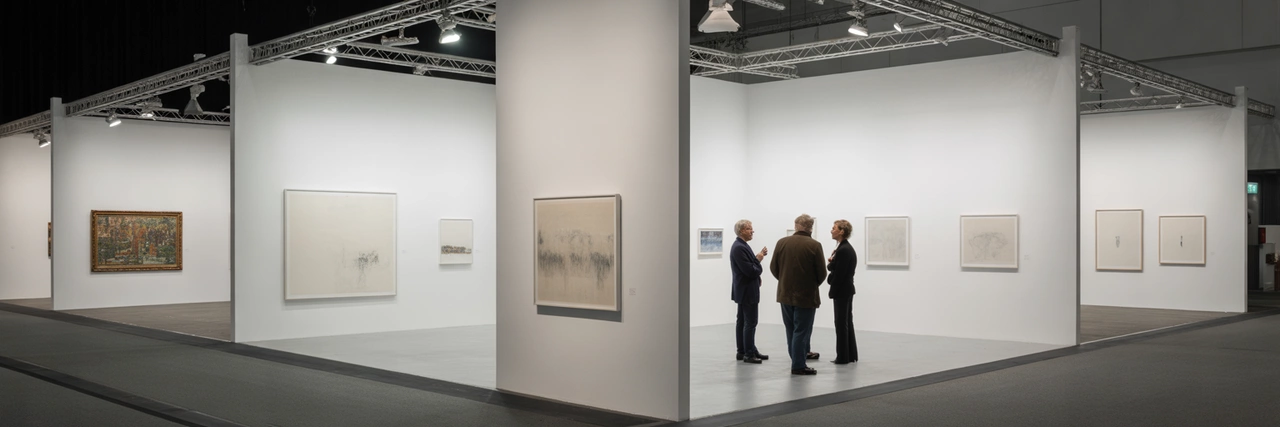
Yet beyond the price tags, there’s a distinct shift in content. Political installations, ecological commentary, and gender identity studies dominate the fair’s Unlimited section—an arena for large-scale work. This year, a standout includes a twenty-meter textile installation woven from discarded garments by Ghanaian artist El Anatsui, confronting Western overconsumption through sheer visual weight.
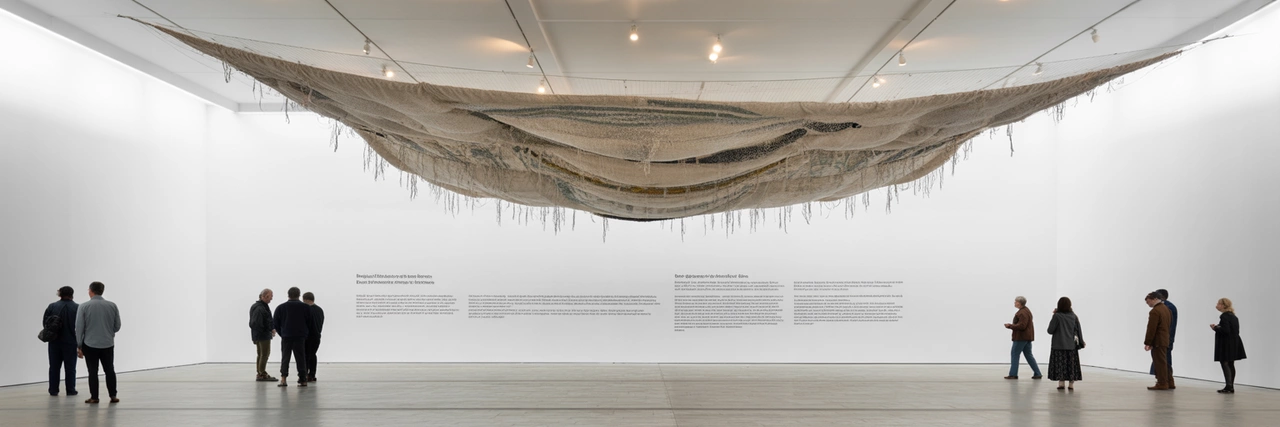
Art Basel isn't confined to Messeplatz. Across the Rhine, institutions like Kunsthalle Basel and Fondation Beyeler stage parallel exhibitions, while city trams are wrapped in commissioned works by younger artists. The line between fair and city dissolves, and Basel becomes an open museum. Cafés, hotels, even banks participate, hosting small curated shows. It’s a week where art is not confined, but integrated.
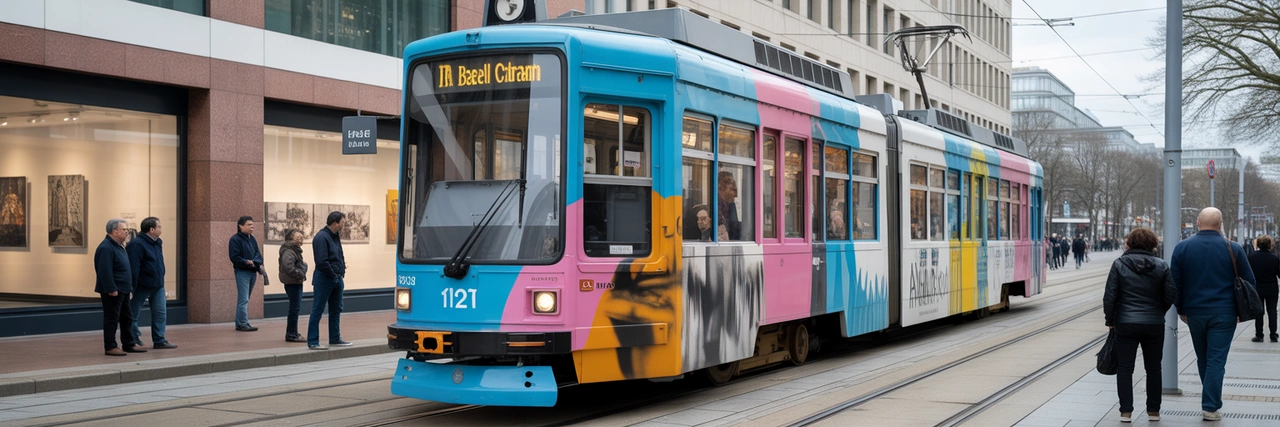
Technology plays a growing role this year, especially in the fair’s Conversations program. Panels explore the rise of AI-generated art, blockchain authentication, and digital curation. One panel, moderated by Hans Ulrich Obrist, asks whether machine-created work can possess authorship—or if it's merely mimicry. The fair isn't afraid to ask: What is art, now? And what is it becoming?
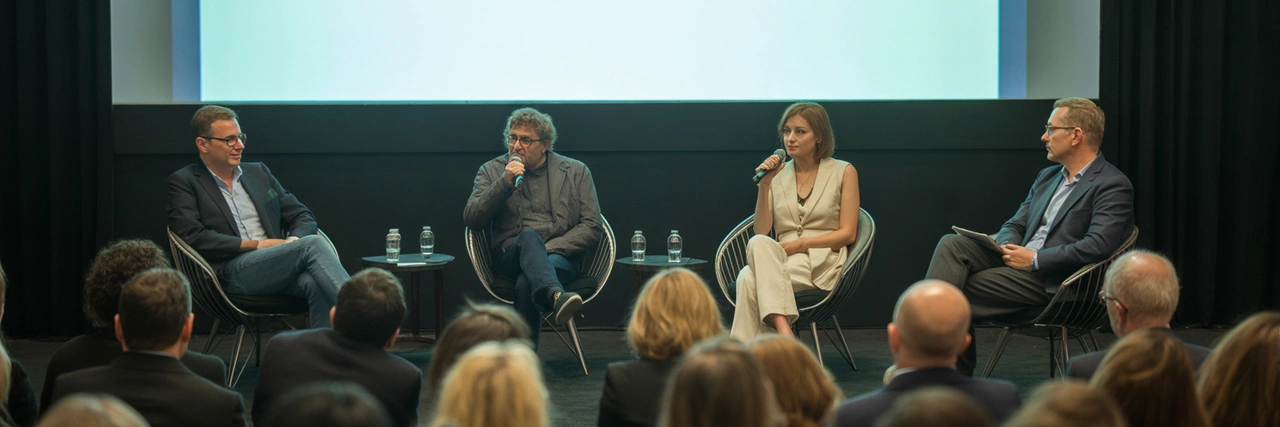
Despite its prestige, the fair also opens to younger voices. Basel Social Club, a satellite platform launched in 2022, has returned in full force this year, exhibiting emerging artists in a disused brewery. Here, there are no booths—just ideas. The space feels raw, often unfinished, and yet alive. This is where risks happen, and where the next decade of art begins.
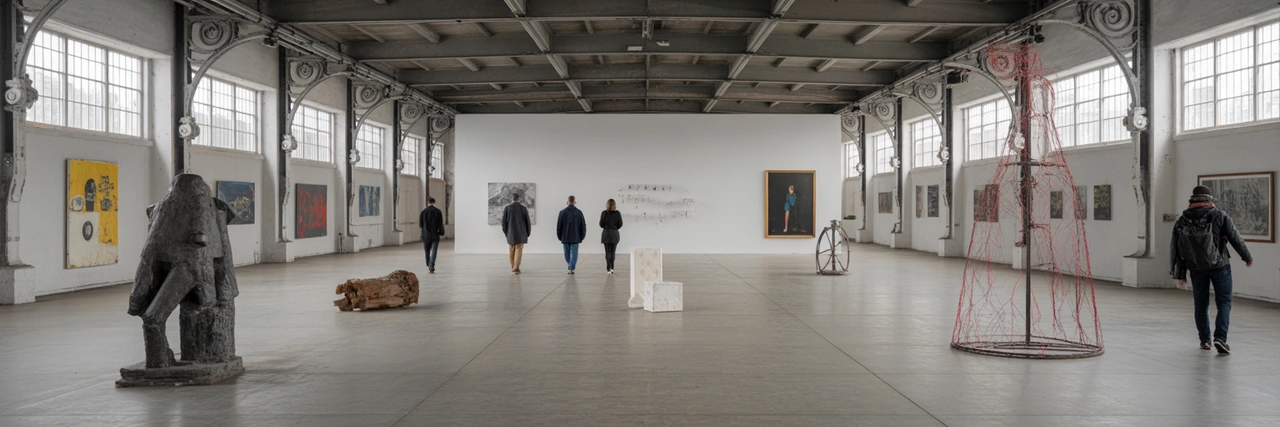
Art Basel is no longer just a fair—it’s a cultural circuit, a litmus test for where art sits globally: between commerce and critique, spectacle and substance. Whether you're here to buy or just to understand, Basel offers a snapshot of what the world is thinking—and what it's willing to pay for those thoughts made visible.
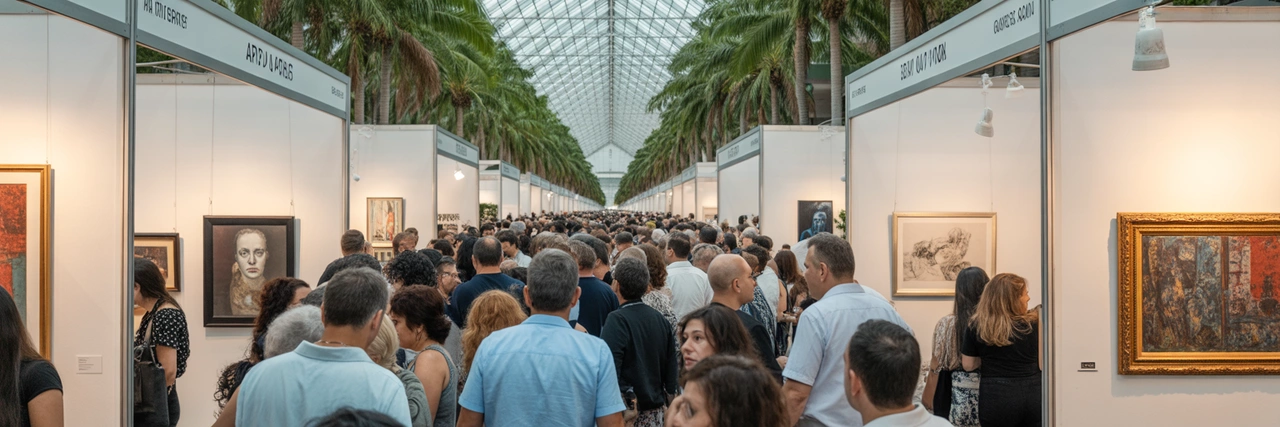
Close